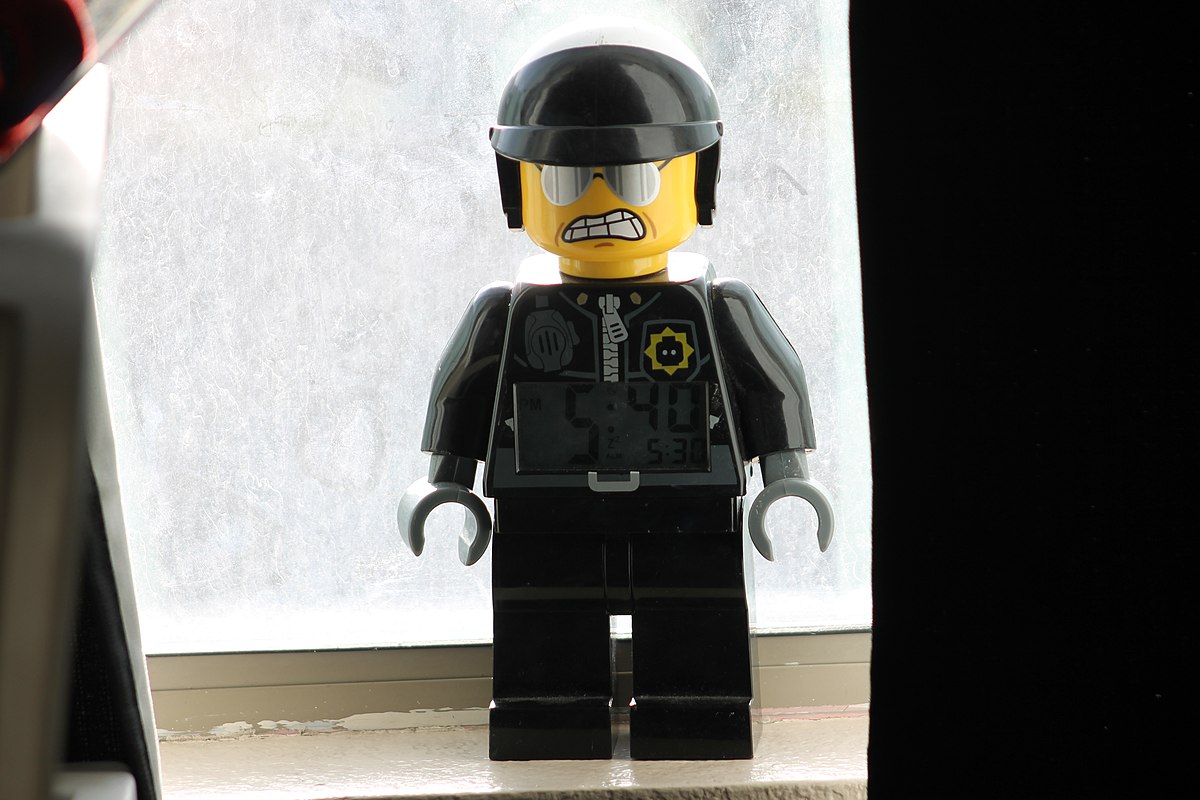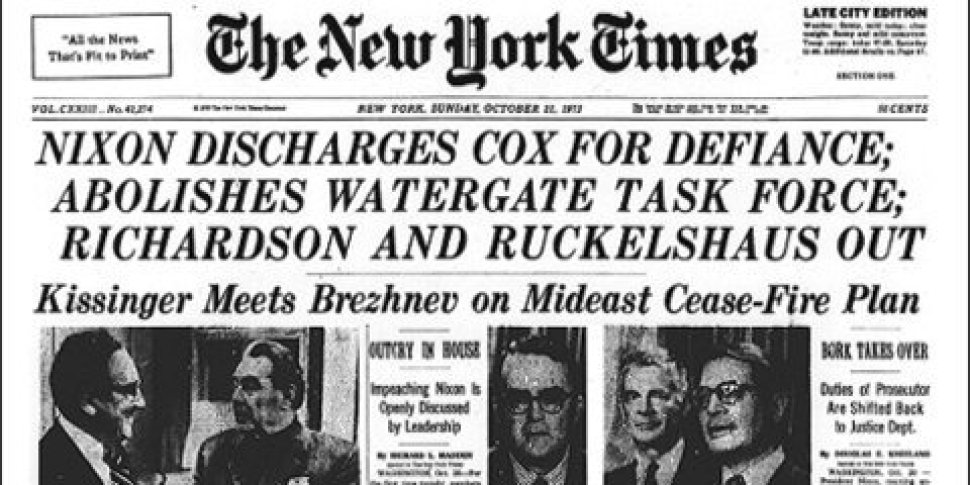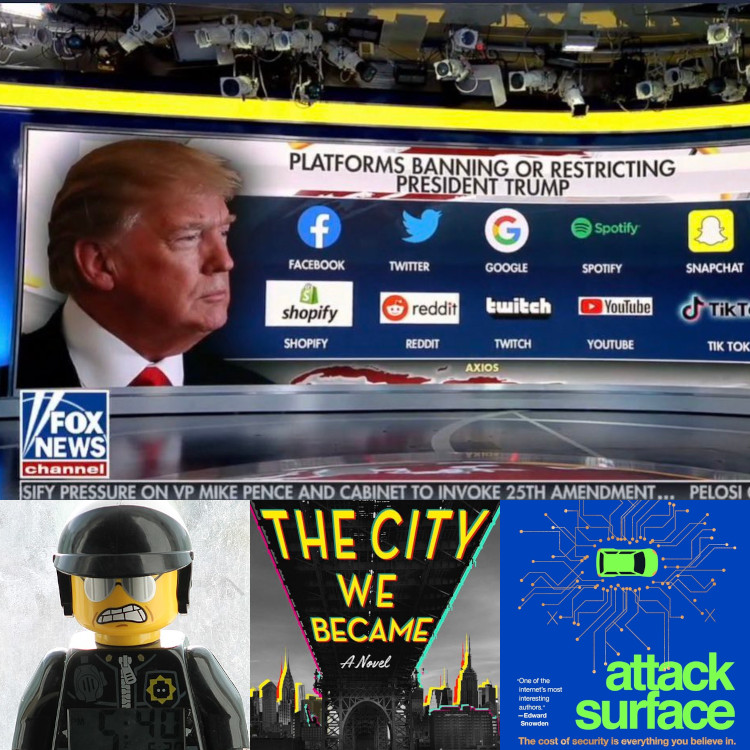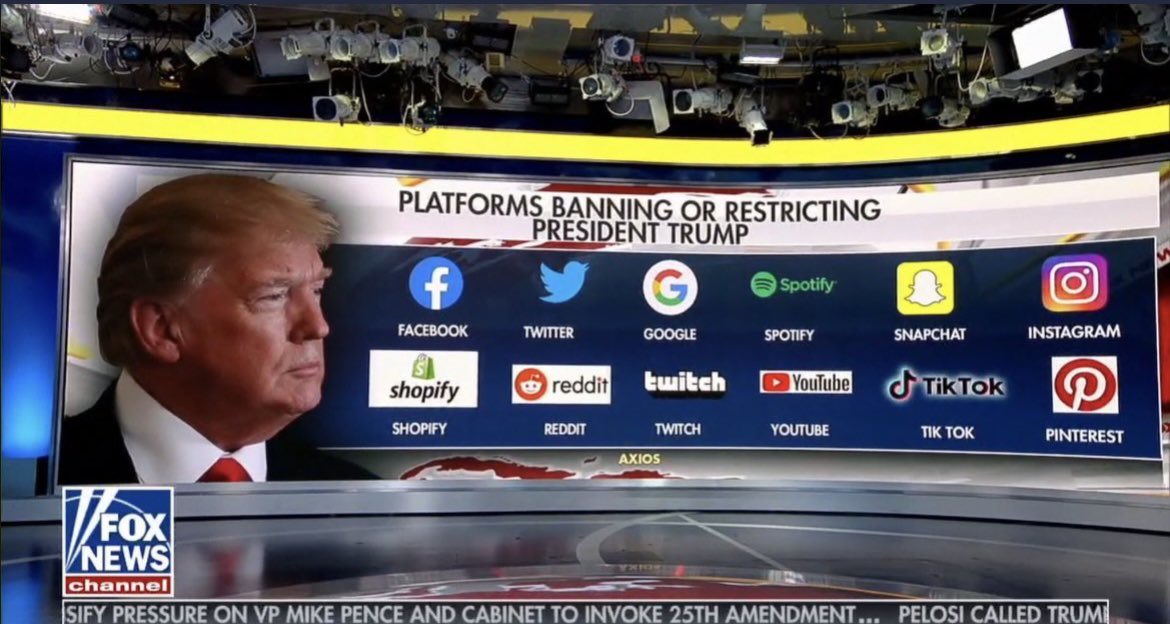
In 1963, SCOTUS ruled in Brady v Maryland. They held that when prosecutors called on police officers to testify against a defendant, the prosecutors had a legal duty to inform defendants about the officers' records of misconduct and false testimony.
1/
1/

Since then, prosecutors have created "Brady lists" of cops who can't be trusted to take the stand. They avoid cases that rely on these officers' testimony, or seek out alternate witnesses to call. Brady lists have done much to advance the right to a fair trial in America.
2/
2/
Brady lists are secret, and they shouldn't be. An officer on their local prosecutors' Brady list is an officer whom those prosecutors believe to be a corrupt liar. Yes, that officer is unlikely to be called upon to testify against you, but they still wield enormous power.
3/
3/
If a Brady-listed officer maims or kills you, you (or your relatives) may never find out that local prosecutors have officially (but secretly) determined that officer to be so corrupt that they can't be trusted not to perjure themselves.
4/
4/
Enter @PINACnews, the Photography Is Not a Crime project, which has been fighting for transparency in law enforcement and government for many years. PINAC's latest project is "a national database of bad cops" who appear on Brady lists.
newsmaven.io/pinacnews/eye-…
5/
newsmaven.io/pinacnews/eye-…
5/
PINAC is producing instructional videos to train people to file freedom of information requests with their local governments to extract the contents of Brady lists. These crowdsourced records will be pooled in a searchable database.
6/
6/
PINAC just completed the "fiscal sponsorship" process that allows them to collect tax-deductible donations through a third party. They're fundraising to pay for the Brady project.
payorportal.revopay.com/index.php/USCe…
7/
payorportal.revopay.com/index.php/USCe…
7/
Image: Noah Wulf
commons.wikimedia.org/wiki/File:Lego…
CC BY-SA:
creativecommons.org/licenses/by-sa…
eof/
commons.wikimedia.org/wiki/File:Lego…
CC BY-SA:
creativecommons.org/licenses/by-sa…
eof/
• • •
Missing some Tweet in this thread? You can try to
force a refresh








